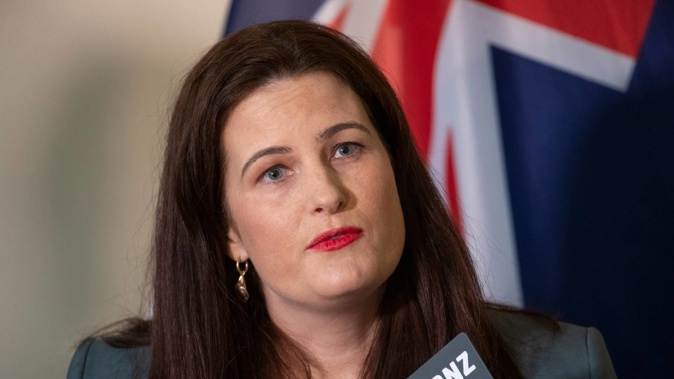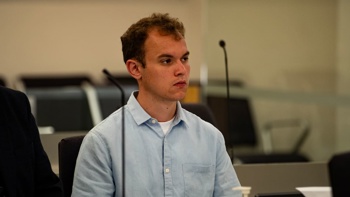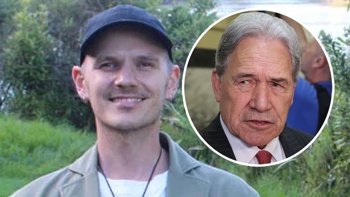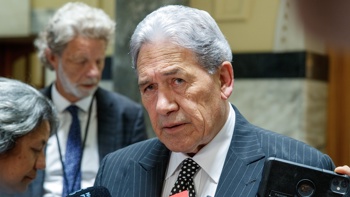
The first round of cost of living payments has gone to 1.3 million people - about 800,000 fewer than the Government had estimated.
The Inland Revenue Department, which is administering the payment, says it expects the number of people who meet the criteria to increase over the next two rounds of payments as more tax returns are finalised.
It comes as the Government comes under criticism of the policy, supposed to be targeted at people living in New Zealand but which has seen people overseas and earning well above the threshold receive the payment.
The National Party has called it a "significant misuse of taxpayer money" and is calling on the Auditor General to investigate.
About 2.1 million people were estimated to be eligible for the three monthly payments from August 1, receiving a total of $350. People needed to be over 18, "present" in New Zealand, a tax resident and earn under $70,000, among other criteria.
But figures provided to the Herald by Inland Revenue Department show the first round of payments has gone to just 1.3 million people.
An IRD spokeswoman said the 2.1m figure was an estimate of the number of people eligible.
As of Monday, IRD had confirmed just over 1.4m people met the criteria, but there remained about 137,000 people whose bank account information they did not have.
IRD would continue checking eligibility until March 31 next year, and people would then have another year after to ensure their bank details were correct.
The first round had seen $152m paid out. The whole scheme was estimated to cost $816 million across the three payments, with $16m to resource the 700 staff needed.
The spokeswoman said IRD would be running eligibility checks every day and they expected the number of people meeting the criteria to increase towards the 2.1m "over time", as tax assessments and returns were completed.
The scheme has also copped criticism, with many people who do not meet the criteria receiving the payment, including people living overseas and even non-residents or citizens. IRD has explained this is likely due to them retaining a bank account here and some form of income that makes it appear they do live in the country.
The Herald has spoken to an Australian couple each receiving the cost of living payment despite living across the ditch since November.
Charlotte Castle, a New Zealand citizen, also received the funds despite not living here since 2016. She still has a New Zealand bank account with KiwiSaver linked to it.
National Party deputy leader Nicola Willis said it was a "significant misuse of taxpayer money" and there was "potentially an issue with the law".
"The eligibility criteria require that people be both present and using for tax purposes, and that they're also living here. What we've seen is money paid out by taxpayers against the purpose of the legislation.
"This is a measure that we think is very serious.
"We think it's unacceptable that Minister for Revenue David Parker is not concerned, doesn't know what the scale of the problem is, is not seeking that information and will not be investigating.
"We will be writing to the Auditor General today to ask an independent investigation be carried out to determine just how wide the scale of this problem is."
Parker has indicated it could be several million dollars in overpayments, but Willis said based on what people were hearing overseas it could run into the "tens of millions of dollars".
Those who have received the payment and were not eligible can return it via the IRD website and opt out of the next two payments.
As of Monday evening, close to 1000 people had done so, IRD said.
Revenue Minister David Parker said the Government did not know the exact number of ineligible people who have received the cost of living payment.
However, he said he estimated it could be about 1 per cent.
Asked how he came to that figure, especially given IRD said there was no way of estimating, Parker said it was based around wage data.
"We know that the percentage of people for whom IRD's data is inaccurate is a very small percentage."
He said the Government was aware before they had even decided on the scheme ineligible people overseas could receive the payments.
"We were advised from the start that relying upon data sets that are imperfect... we would always have some people getting the payment, even though they're not truly eligible."
Parker said he continued to support the payment scheme, saying the alternative would have been to make people apply for it and consider applications one by one.
"One, would have been an incredibly costly process. Two, would have cost a lot of money. And three, we know, if you run application processes, a lot of people who are eligible miss out. So the process that we have chosen was preferable."
Take your Radio, Podcasts and Music with you









